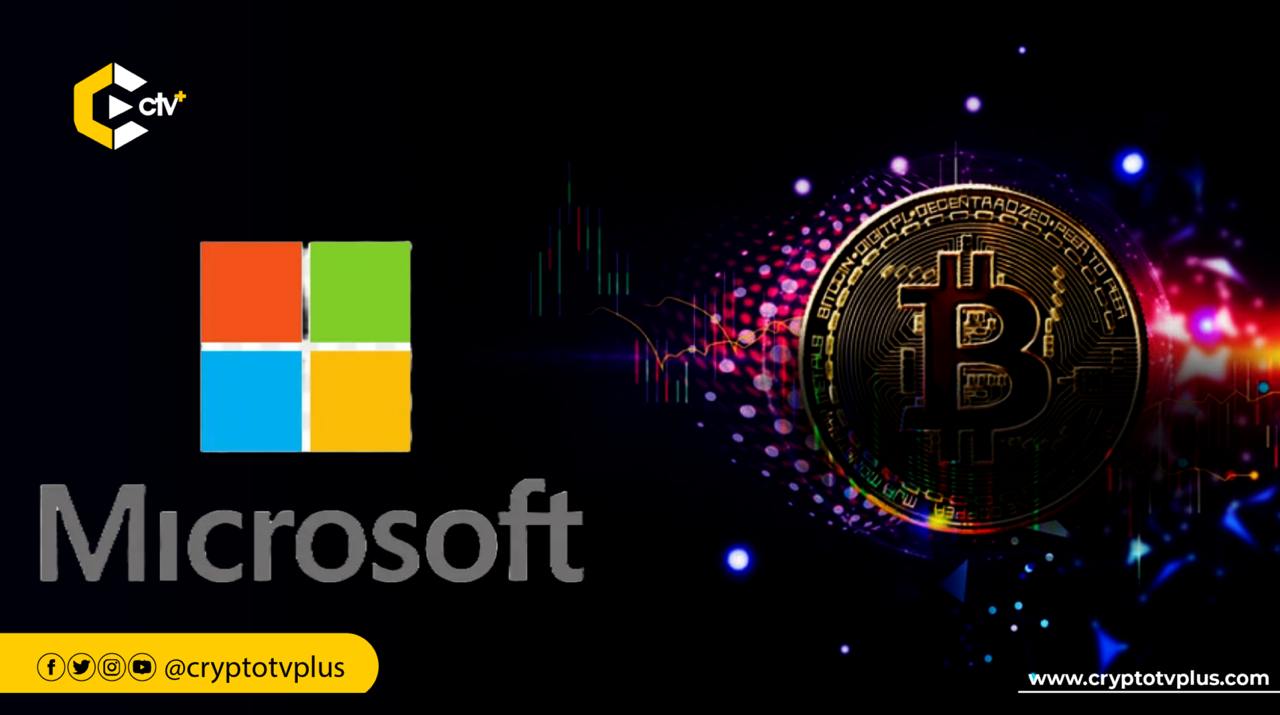News
Michael Saylor’s $5T Bitcoin Pitch to Microsoft: Visionary or Overreach?

Michael Saylor, co-founder and executive chairman of MicroStrategy, has reignited discussions on Bitcoin’s potential for corporate treasuries. In a presentation to Microsoft’s board of directors, Saylor proposed that the company could add up to $5 trillion to its market capitalization by adopting Bitcoin. This ambitious claim hinges on Bitcoin reaching a valuation of $1.7 million per coin by 2034.
MicroStrategy has been a pioneer in corporate Bitcoin adoption, holding over 386,000 BTC (as of late November) worth billions. Since its initial foray into Bitcoin in 2020, the company’s stock price has surged, often outperforming tech giants like Microsoft in percentage gains.
By using Bitcoin as a treasury asset, MicroStrategy has significantly increased its valuation, leveraging Bitcoin’s rising price and adopting strategies like issuing convertible notes to acquire more BTC.
MicroStrategy’s success has emboldened Saylor to advocate Bitcoin for other large corporations. He argues that holding Bitcoin mitigates counterparty risks and inflation while enhancing shareholder value.
The Proposal to Microsoft
Saylor urged Microsoft to invest $100 billion annually into buying Bitcoin, arguing that such a move could significantly boost its stock price.
He emphasized that Bitcoin represents the “greatest digital transformation” of the century and offers a hedge against traditional financial risks. Microsoft’s board, however, has remained cautious, prioritizing stability and its existing strategies.
The board is scheduled to vote on a shareholder proposal related to Bitcoin investments on December 10, 2024. Although Saylor’s pitch is visionary, Microsoft has historically focused on other tech advancements, such as artificial intelligence, to drive growth.
While Microsoft has not embraced Bitcoin as a treasury asset, it has made significant strides in the blockchain space. The company launched Azure Blockchain Service, a platform that enables developers to build and manage blockchain networks. Additionally, Microsoft has partnered with ConsenSys to integrate blockchain solutions into its cloud services.
Microsoft has also explored NFTs and decentralized identity solutions. Its ION project, a decentralized identity platform built on Bitcoin’s blockchain, highlights the company’s strategic interest in leveraging blockchain for real-world applications.













1 Comment